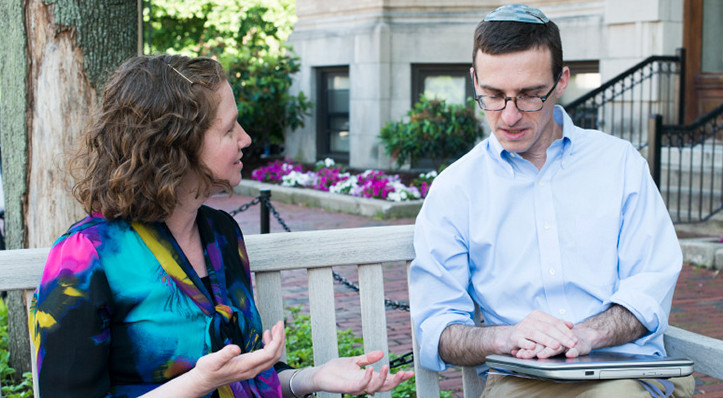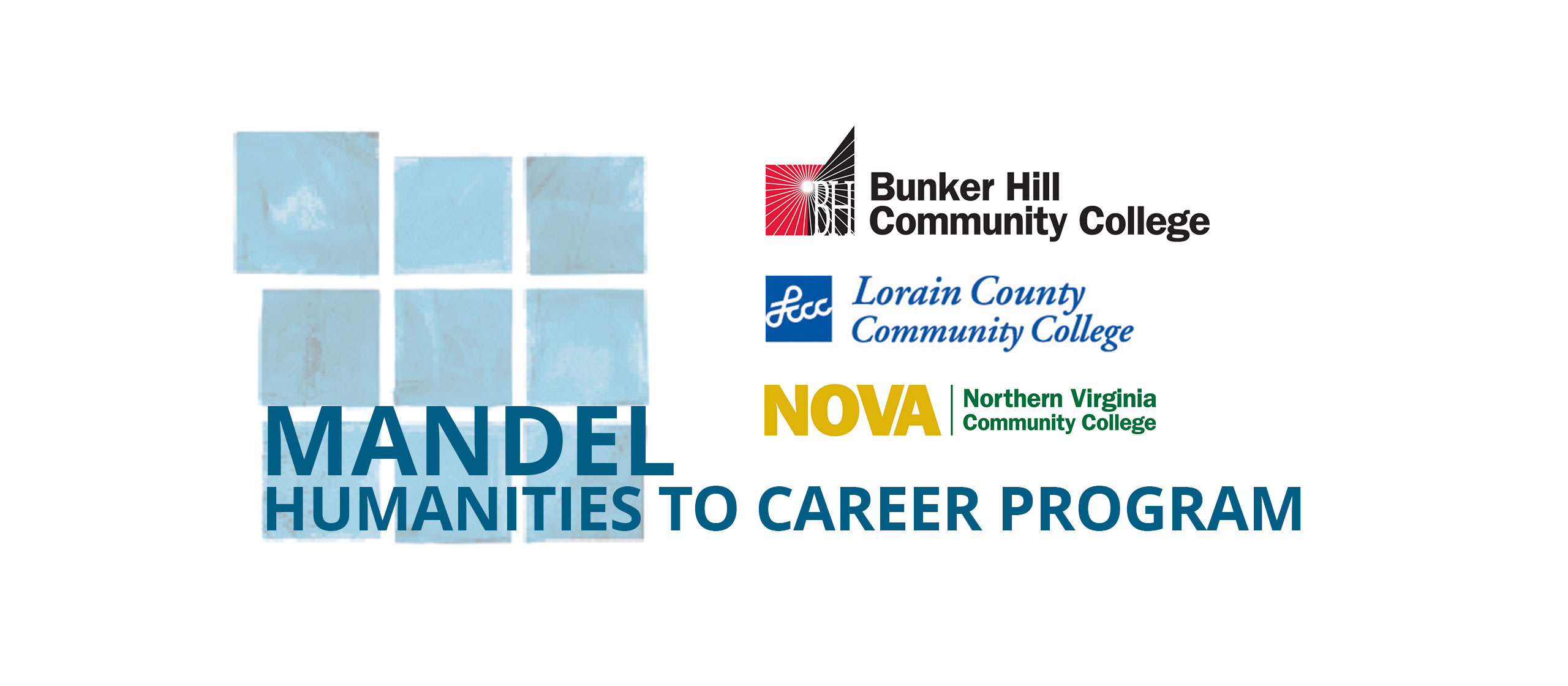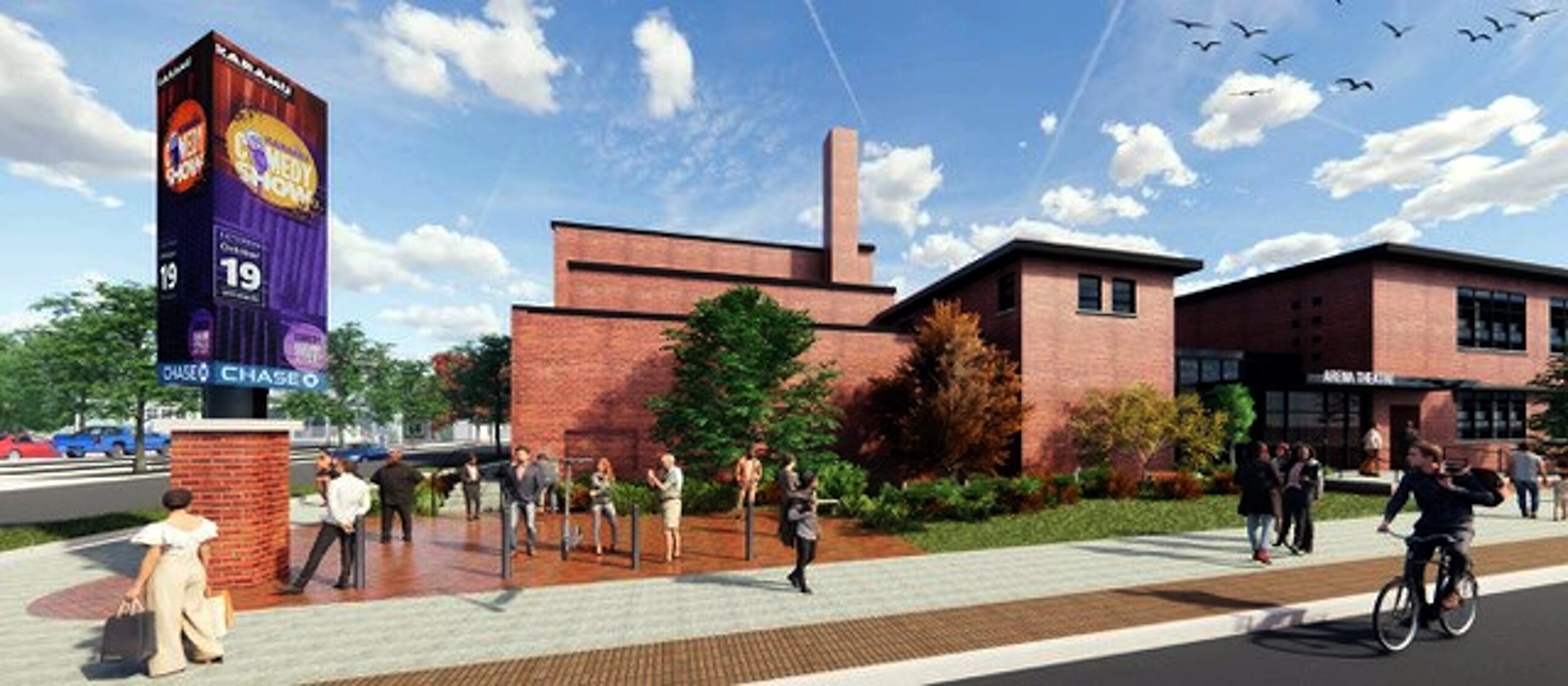
Mandel Foundation Announces Participation in the Greater Cleveland COVID-19 Rapid Response Fund
The Jack, Joseph and Morton Mandel Foundation has committed $1 million to an effort being led by the local Cleveland philanthropic community in response to the COVID-19 crisis. The Foundation has joined 18 other organizations in the creation of the Greater Cleveland COVID-19 Rapid Response Fund, which will soon distribute grants to nonprofit organizations serving on the front lines of the pandemic throughout Greater Cleveland.
The Rapid Response Fund is designed to complement the work of public health officials and expand capacity in Cuyahoga, Lake and Geauga counties by strategically and efficiently addressing impact from the outbreak. Initially, grant funding will support nonprofit organizations that provide community safety nets (e.g. food pantries, homelessness and housing assistance, credit counseling, etc.) and have strong experience working with the immediate needs of populations made vulnerable by the COVID-19 pandemic.
Specifically, the Rapid Response Fund will support nonprofit organizations that serve:
- People over 60 years of age, people with compromised immune systems, those who are pregnant, and others with increased health risks associated with the novel coronavirus
- Low-income residents
- Homeless people
- Residents without health insurance and/or access to paid time off work
- People with limited English language proficiency
- Healthcare, service workers, and part-time workers
- People of color
- People with disabilities
- Incarcerated and returning individuals
- Other populations emerging with needs as the crisis unfolds
The Rapid Response Fund will support organizations that are able to deploy resources quickly to meet emergent community needs. Funding partners will also advocate for scaling public sector action that promotes robust and timely public sector financial investment and needed regulatory, administrative, and/or program adaptations to address this crisis, including issues surrounding evictions and utility shutoffs, unemployment benefits, and lapses in health insurance coverage for children and those supported by Medicaid.
In its earliest stages, there will not be a formal request for proposal (RFP) process for organizations seeking grant funds. The funding collaborative will proactively identify potential grantee partners, solicit guidance on proposed projects from community advisors, and recommend final awards. Grants will be made on a rolling basis as fundraising continues throughout the outbreak, ensuring resources are deployed quickly and nimbly to meet evolving needs in real-time.
For more information or to donate, visit ClevelandFoundation.org/Response.




